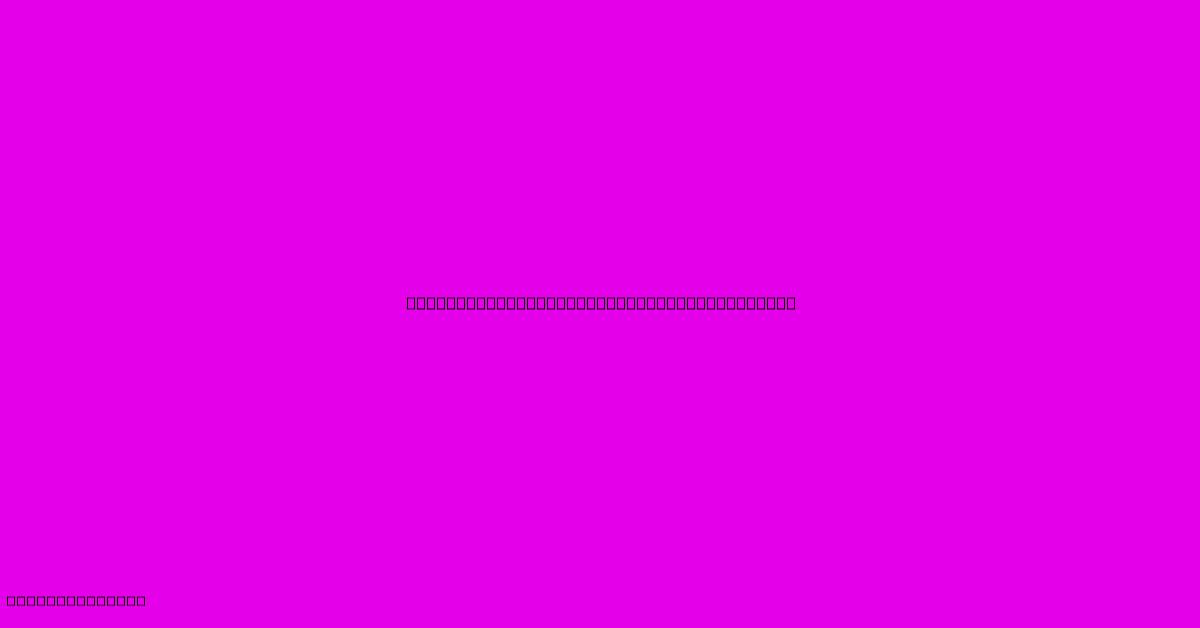Carlsen Disqualified: Tournament Reason

Discover more detailed and exciting information on our website. Click the link below to start your adventure: Visit Best Website mr.cleine.com. Don't miss out!
Table of Contents
Carlsen Disqualified: The Shocking Reason Behind the Chess Champion's Removal
The chess world was sent into a frenzy when reigning world champion Magnus Carlsen was disqualified from the Julius Baer Generation Cup. This wasn't due to a loss, a controversial move, or even poor sportsmanship on the board. The reason? A violation of the tournament's time control rules.
This unexpected disqualification sparked heated debates and raised crucial questions about the rules and regulations governing elite chess tournaments. Let's delve deeper into the details of this surprising event and explore its implications.
The Incident: A Missed Deadline
The incident occurred during Carlsen's game against Hikaru Nakamura. The exact details vary slightly depending on the source, but the core issue remained consistent: Carlsen exceeded the allotted time for his moves, failing to comply with the tournament's strict time control parameters. This wasn't a minor infraction; it was a clear violation of the established rules.
While the specifics of the timing discrepancy might be debated, the ultimate consequence was undeniable: disqualification. This decision highlights the unforgiving nature of professional chess competitions, where adherence to the rules is paramount, regardless of a player's status or reputation.
The Fallout: Reactions and Controversy
The immediate reaction within the chess community was one of shock and disbelief. Many found it hard to accept that a player of Carlsen's caliber, known for his exceptional strategic thinking and meticulous game planning, could be disqualified for such a seemingly technical infraction.
Some argued that the time control rules were overly strict, perhaps even outdated for the demands of modern, high-level chess. Others defended the tournament organizers' decision, emphasizing the importance of maintaining fairness and consistency in applying the rules. The debate highlighted the tension between the need for strict regulation and the human element of competition, especially at the highest level of professional play.
Implications for Future Tournaments
Carlsen's disqualification serves as a stark reminder of the importance of adhering to tournament rules. It underscores the need for players to be meticulously aware of the time constraints imposed and to manage their time effectively during games.
This incident also raises important questions about the clarity and accessibility of tournament regulations. Could clearer communication and more user-friendly rulebooks have prevented this situation? Could there be a more flexible approach to time control violations, perhaps with a system of warnings before outright disqualification?
The future likely holds discussions about refining time control rules and improving their communication to participants. This event might lead to adjustments in tournament regulations, ensuring greater clarity and potentially lessening the harsh penalties for minor time violations.
Conclusion: A Lesson in Precision
Magnus Carlsen's disqualification from the Julius Baer Generation Cup remains a significant event in the history of professional chess. While shocking and unexpected, it serves as a potent lesson in the importance of precision, rule adherence, and the unforgiving nature of competitive chess. The incident also highlights the ongoing dialogue regarding time control rules and their application in high-stakes tournaments. It's a story that will undoubtedly continue to fuel discussions and shape the future of chess competitions for years to come.

Thank you for visiting our website wich cover about Carlsen Disqualified: Tournament Reason. We hope the information provided has been useful to you. Feel free to contact us if you have any questions or need further assistance. See you next time and dont miss to bookmark.
Featured Posts
-
Goles Y Resumen Cagliari Inter
Dec 29, 2024
-
Bengals Game Broncos White Kit
Dec 29, 2024
-
Inter Golea 3 0 A Cagliari
Dec 29, 2024
-
Live Bengals Broncos Score Highlights Watch Online
Dec 29, 2024
-
Ver Lazio Atalanta Serie A Online
Dec 29, 2024
